ESTATE PLANNING
Who Needs An Estate Plan?
You do, If you want the protection and continuation of all you work hard for.
You do, If you own any of the following:
- A business;
- Real estate;
- Investments and savings;
- RRIFs or RRSPs; or
- Life insurance.
You do, If you want to control how those assets are managed beyond your lifetime. And if you want to pass those assets on, with the least possible alteration to them. Protect:
- Your spouse;
- Your child (or children);
- Any other relative or friend(s); or
- Your preferred charity or other organization.
You do, If you don't want the government to be your primary beneficiary. Without a comprehensive estate plan, Canada Revenue Agency could take a significant portion of what you've worked so hard to build and your assets might not be left as you intended. Managing what you own beyond your lifetime means not only having a will, but having a plan. It takes a lifetime to build your estate. Spend a few hours now, planning for it.
Trusts
Trusts can be extremely flexible tools used in professional estate planning. A trust is created by the transfer of an asset to a trustee who looks after it for the benefit of another person or persons. A trust can help you with both family-related and with tax-related planning issues.
There are several kinds of trusts, including trusts created during your lifetime and testamentary trusts setup in your will. They form an important part of the tool kit available in planning your estate. Here are some of the benefits of including trusts in your estate planning.
Trusts can help you:
- Protect family assets.
- Reduce probate costs.
- Provide income for dependents who cannot handle financial matters.
- "Freeze" your estate to transfer future growth to the next generation.
- Reduce tax.
- Avoid unnecessary publicity of your wishes.
- Avoid Wills Variations Act.
Wills
A legally valid Will is central to ensuring that your wishes are followed in a timely, cost-effective, and tax-efficient manner. It's important to review your will every few years because changes in the law or in your life can impact your will.
A Will ensures your property will be transferred according to your plan. In the absence of a will, your assets Will be distributed by the province according to its own formula. That formula likely will not reflect your intentions and it could involve lengthy delays and significant additional costs.
As part of our estate planning services, we can help you:
- Take stock of what you own;
- Design the allocation of your assets;
- Make sure your Will is consistent with your comprehensive estate plan;
- Evaluate whether your spouse and children will receive sufficient income;
- Ensure that your Will includes tax-saving strategies that your executor can implement;
- Reduce probate costs;
- Value your assets; and
- Have your final tax return(s) filed.
Tax Planning
Taxes are a fact of life, and a fact of death. But with effective planning, you can minimize the taxes that would otherwise be payable at death. You can also make sure that the plan you intended will not be altered because of tax facts of which you were not aware.
Many of the assets you've accumulated will be taxed in the year of your death - as much as half of your total assets could be lost to tax. That's not what you've worked for, and it's not the legacy you want to leave behind.
Some other obstacles you'll want to avoid are:
- A lack of liquidity that could result in your business stopping at the first generation.
- A forced sale of assets.
- A loss of family control of assets.
- Limited choices.
- An alteration of your planned transfer of assets resulting in an inequitable allocation.
- A disruption of the smooth execution of your plan.
There are many steps you can take now to reduce or defer taxes at that future time. The steps themselves and the combination of them will be as individual as your life and your estate are.
A list of your assets and their current value is a place to start. Trust, estate freezes, business ownership structures and insurance are some of the tools we can use to help you achieve your goals, all reasons to include estate tax planning in the services that Johnsen Archer provides for you.
Business Succession
Only three out of ten businesses survive to the second generation and only one of those three survives to the third. Even fewer than that have a business succession plan. If they did, the businesses might continue to prosper.
Because the process of planning for and implementing the transfer of a business can take several years, the time to start planning for the future of your business is now. What will happen to your business beyond your lifetime? If family members will be taking over the business, who will they be? How will they assume control, how much control will they assume, and when? And if family members aren't able or willing to run your business, will you sell it?
If you sell your business, many options exist. Will you sell part of the business, or sell some now and transfer the rest over a period of time? Will you sell it to staff or management, to an outside purchaser, or on the stock exchange?
Whether transferring ownership to the next generation or selling the business, you need to consider tax implications and whether the plan-for transition is set up to go as you intend.
Some of the tools you can use to plan the succession of your business are:
- An updated Will;
- A plan for preparing and introducing your successor(s);
- A shareholders' agreement;
- Appropriate insurance; and
- A business mission statement.
Shareholders' Agreements & Valuations
A shareholders' agreement can be an important part of planning for the future of your business and its succession. Coming to an agreement among the shareholders often involves clarifying and refining the relationship between you and your business partners. And it means putting that agreement to paper, to guide each business partner as well as their executors and their successors in the future.
A shareholders' agreement can benefit you, your business, your family, and your surviving business partners by:
- Setting out agreed-upon guidelines for the management of your business.
- Guarding against unexpected changes in the share ownership of the company.
- Outlining rights and obligations in case of a business partner's death or disability.
- Reducing the risk of misunderstandings and disputes.
To compliment a shareholders' agreement, a valuation of your business is sometimes necessary so that certain rights and obligations in the agreement can be quantified, including their related income tax consequences.
Structuring the agreement between the business partners according to their wishes, while at the same time including plans to reduce or defer future income taxes, can be a complex process and requires the sound advice of the accountants at Johnsen Archer LLP.


